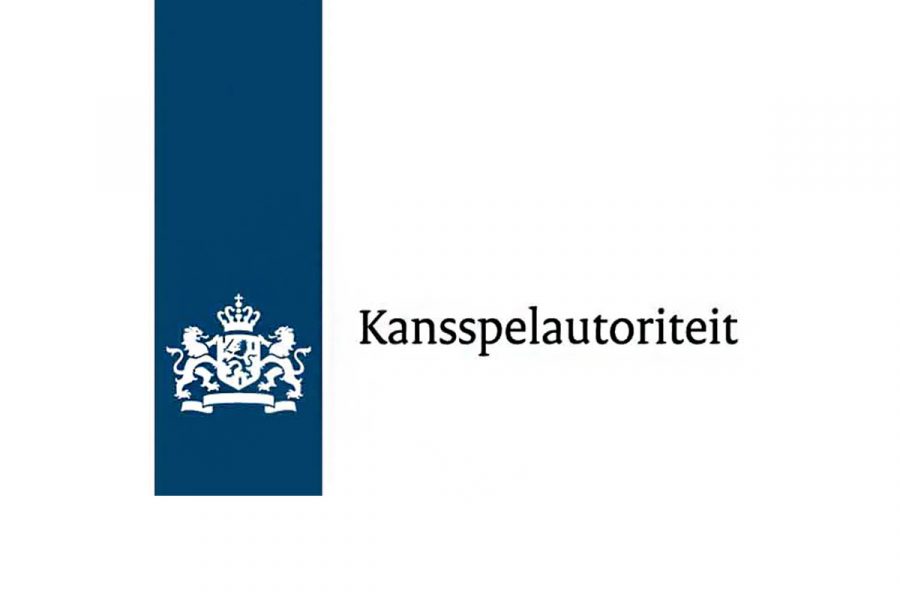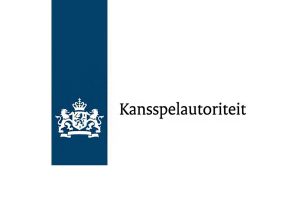Dutch regulator investigates gambling ads targeted at young people

The KSA has launched an investigation as MPs continue to call for a clampdown on gambling ads in the Netherlands.
The Netherlands.- The Dutch gambling regulator de Kansspelautoriteit (KSA) has started an investigation into the targeting of gambling advertising at minors and young people aged between 18 and 24.
While MPs await legislation to clamp down on what they see as a “barrage” of gambling ads since the launch of the regulated online gambling market in October, the KSA says it will request information from licensed operators on whether they have sent ads to minors and young people.
The regulator reminded licensees that the Netherlands’ legislation does not permit gambling ads, including bonus offers, to be sent to young people aged under 25. It believes that young people are “particularly vulnerable” to gambling addiction.
Operators must inform the KSA if they sent emails, bonus offers, push messages or any other communication to under 25s. The KSA has also asked social media companies to report cases of gambling advertising aimed at young people appearing on their platforms. It’s placed a form on its website for reports to be made.
Updating MPs, the Netherlands’ new minister for legal protection Franc Weerwind has called for patience on a ban on untargeted gambling adverts. Weerwind has said that a ban could not be introduced overnight and required legal analysis.
MPs and addiction experts have urged the government to ban “irritating and misleading” ads which they say have taken over evening television advertising slots since the Netherlands launched its regulated online gambling market on October 2 last year.
Operators spent €23m on gambling ads in the first two months after the regulated market launched. In December, MPs voted in favour of a motion calling for an end to what they described as an “unguided barrage” of untargeted ads. However, Weerwind has said more time is needed.
In a recent update to parliament, he said: “The objective of the Remote Gambling Act is to guide players to a legal offering of games of chance. This requires some form of advertising. I am of the opinion that it would be good to map out the broader social costs and benefits. I am therefore exploring the possibilities of a social cost-benefit analysis.”
ChristenUnie MP Don Ceder counted 11,237 gambling advertisements on television in the month of December. He said: “I hear the minister say that he should investigate the legal implications, but an advertising ban can be arranged with a small amendment to the law.”
Dutch minister considering stake and time limits for online gaming
Weerwind has also told Dutch MPs that he will consider the introduction of mandatory stake and time limits for Netherlands’ newly regulated online gambling market. At the moment all players must set their own limits when they create an online gambling account with a licensed operator.
However, the Dutch regulator de Kansspelautoriteit (KSA) has observed that some operators allowed players to set very high limits, going against the rule’s objective.











